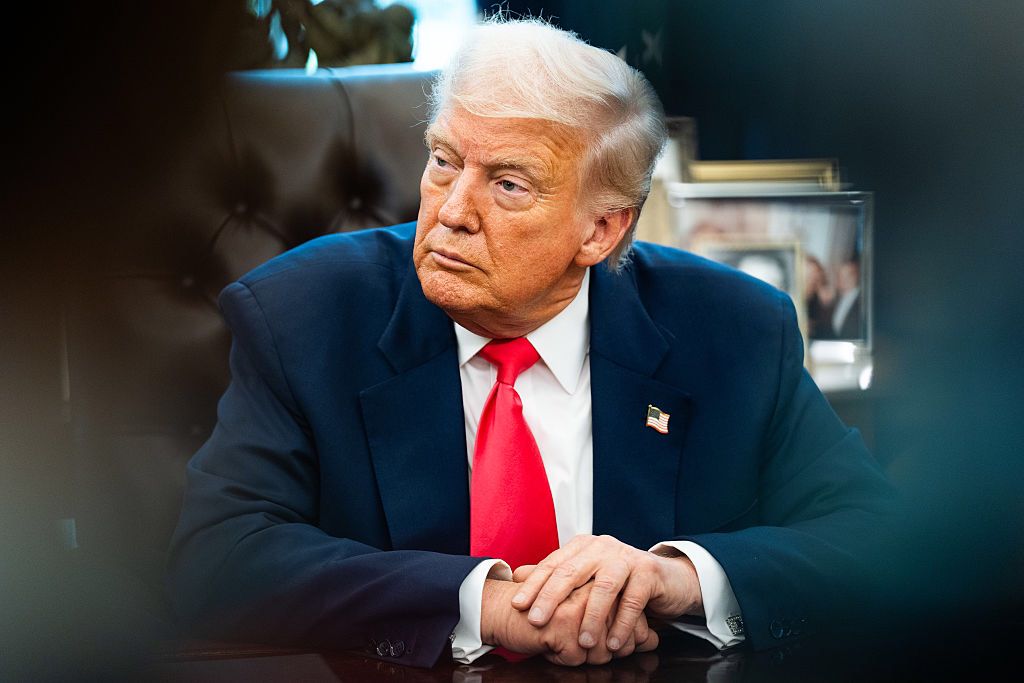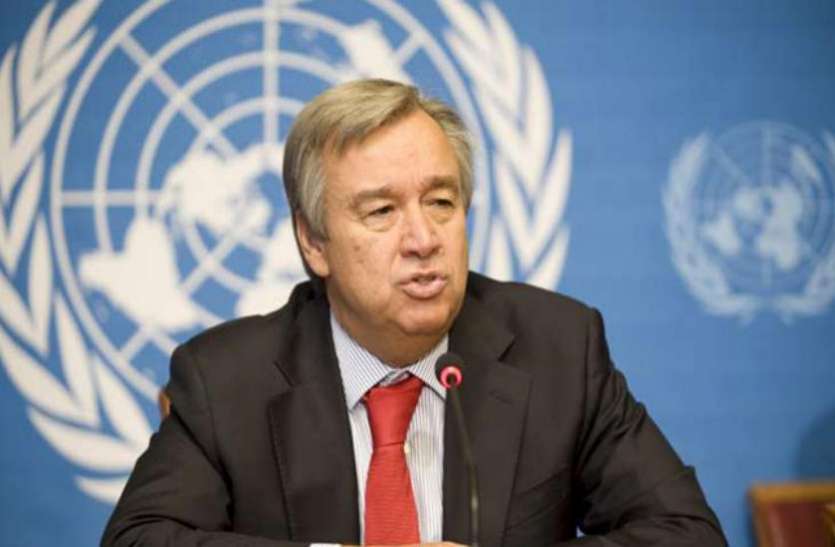Trump Signs Major Trade and Critical Minerals Agreements with Southeast Asian Nations

Kuala Lumpur, October 26, 2025 U.S. President Donald Trump on Sunday signed a series of landmark agreements with Thailand, Malaysia, and Cambodia to strengthen trade ties and secure access to critical minerals, as Washington moves to counter China’s dominance in the rare earth sector. During his visit to Kuala Lumpur for the ASEAN summit, Trump finalized reciprocal trade deals aimed at reducing tariff and non-tariff barriers while maintaining a 19% tariff rate on most exports from the three countries. The agreements seek to rebalance trade relations and promote industrial cooperation. Additionally, the United States inked critical minerals partnerships with Thailand and Malaysia to diversify supply chains amid growing Chinese export restrictions on rare earths. The White House said these pacts would help ensure stable access to materials essential for semiconductors, electric vehicles, and defense manufacturing. China currently leads global production and processing of rare earths but has tightened controls on its refining technology, raising concerns among global manufacturers. To mitigate these risks, Malaysia agreed to avoid imposing export bans or quotas on critical minerals and rare earth elements destined for the U.S. However, the agreement did not clarify whether this commitment extends to both raw and processed minerals. Malaysia, home to an estimated 16.1 million tonnes of rare earth deposits, has traditionally restricted the export of raw materials to encourage domestic refining and value addition. Under the new deal, Kuala Lumpur will also grant preferential market access for U.S. industrial and agricultural goods, including machinery, chemicals, automobiles, dairy, and poultry products. Furthermore, Malaysia will streamline halal certification and approval processes for U.S. cosmetics and pharmaceuticals to boost trade compatibility. Thailand agreed to eliminate nearly all tariff barriers, covering around 99% of American goods, encompassing industrial, food, and agricultural products. Both nations also committed to upholding labor rights and strengthening environmental protections as part of the trade framework. Meanwhile, Cambodia’s participation in the agreements signals its growing engagement with the U.S. economy, aligning with Washington’s broader Indo-Pacific strategy. The new trade frameworks are expected to open more transparent and mutually beneficial economic channels across the region. These economic pacts came shortly after President Trump mediated and witnessed the signing of an enhanced ceasefire agreement between Thailand and Cambodia, following earlier border clashes that disrupted regional stability. Analysts view the new agreements as a strategic counterweight to China’s expanding influence in Southeast Asia, particularly in the rare earth and critical minerals industries. By securing alternative supply routes, the U.S. aims to ensure long-term resilience in key manufacturing sectors. President Trump described the agreements as “a decisive step toward fairer trade, stronger supply chains, and greater prosperity for all involved nations.” The partnerships mark a significant moment in U.S.-ASEAN relations, highlighting shared economic interests and geopolitical cooperation in an increasingly competitive global landscape. Trump Seals Trade and Mineral Deals with Southeast Asian Nations During the ASEAN summit in Kuala Lumpur, U.S. President Donald Trump signed key trade and critical minerals agreements with Thailand, Malaysia, and Cambodia. The deals aim to strengthen economic ties, cut trade barriers, and secure alternative supply chains amid China’s tightening grip on rare earth exports. Malaysia pledged open mineral exports to the U.S., while Thailand agreed to eliminate most tariffs on American goods. The agreements also include commitments to labor and environmental standards, marking a major step in Washington’s strategy to expand economic influence across Southeast Asia and ensure supply chain resilience.




